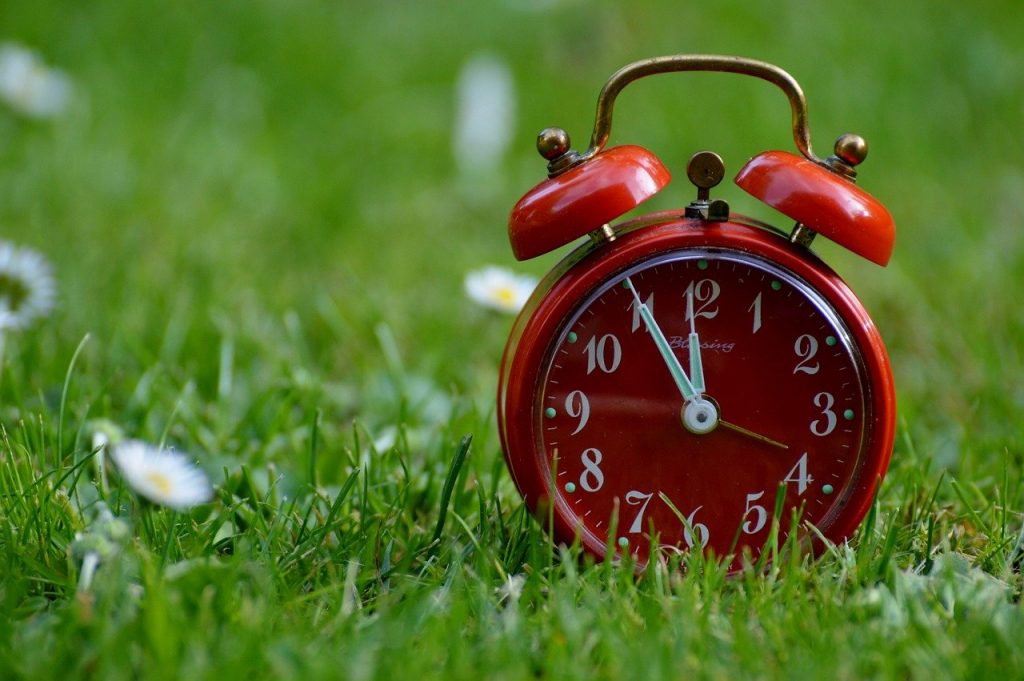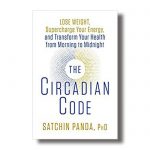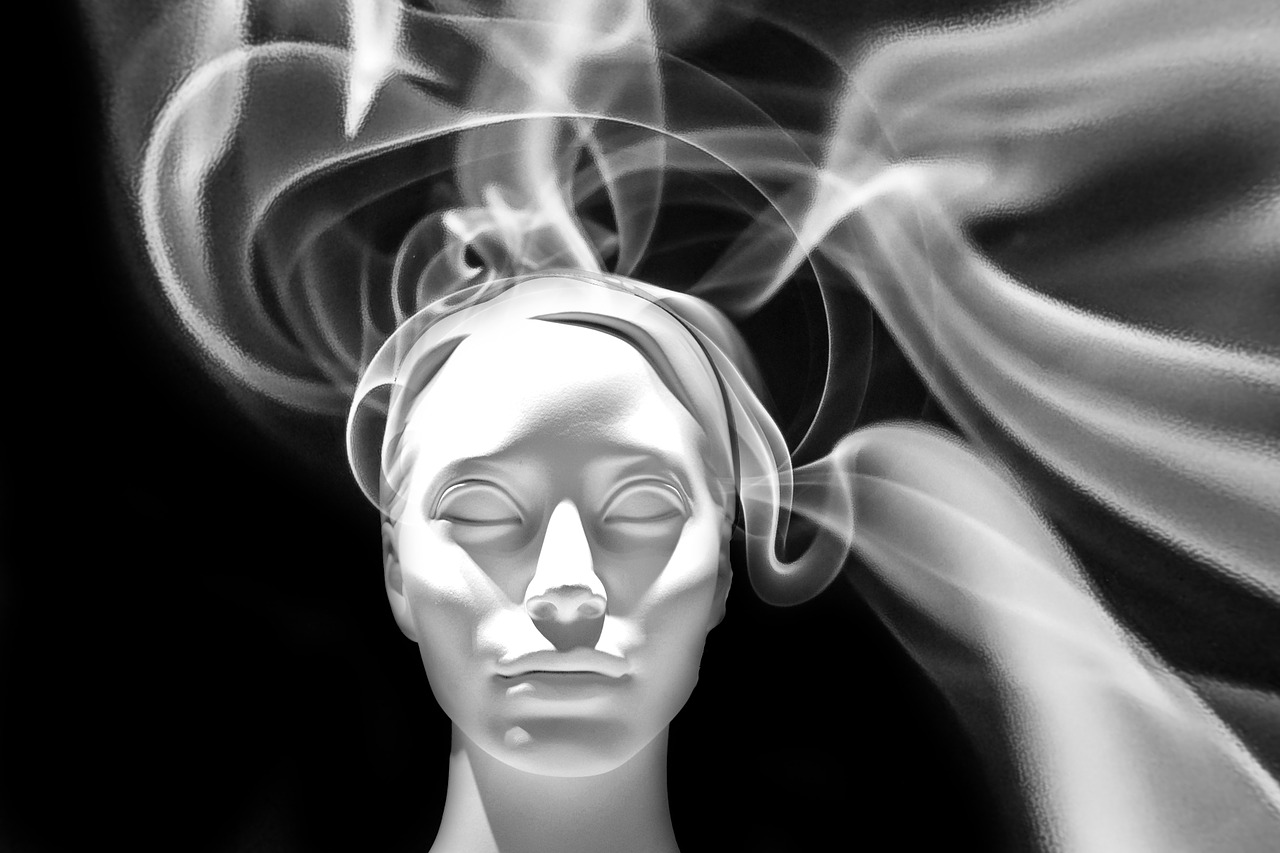How to Improve Your Circadian Rhythm
What is our Circadian Rhythm
The Circadian Rhythm or the Sleep-Rest Cycle is our internal cycle that runs to a 24 hour period. It produces natural and inert physiological and behavioural changes. Many biological functions such as sleep, wake and hunger are based on the circadian clock.
It governs our sleep-wake cycle, blood pressure, body temperature and hormones. It responds to external factors such as light and heat and is present in both animals and plants.
How to tell if your circadian rhythm is disrupted, benefits of improving it and how to improve it below.

8 Ways to Tell If your Circadian Rhythm is Disrupted

Issues with our circadian rhythm can occur when our sleep-wake and/or light-darkness cycles become disrupted. The telltale signs of a disrupted circadian rhythm are;
- Problems getting to sleep and/or staying asleep
- Waking up early or late
- Feeling wide awake at unusual times
- General fatigue, tiredness, sleepiness or exhaustion
- Difficulty concentrating
- Feeling less alert
- You’re spending lots to time indoors
- Other general health complications (such as digestive and immune system issues) can arise when the body is not getting the rest it needs
6 Benefits of Improving Your Circadian Rhythm

Studies have shown that maintaining a good balance circadian rhythm can bring a number of benefits, these include;
- Improved cardiovascular function
- Improves cognition and concentration
- Boosted immune system
- Aid to weight control
- Improved energy levels
- Lowered levels of drowsiness and sleepiness
12 Ways To Improve Your Circadian Rhythm

There are many ways to boost our circadian rhythm, effectively it is resetting our internal clock to align with natural processes. Some ideas below;
- Let in Natural Night in the Morning: Get the curtains open and let the morning light in. Our circadian rhythm is driven by natural stimuli such as light and heat.
- Get Outside in the Morning: Take it a step further than just letting the light in, get outside and get some exposure to the sunlight.
- Get Outside During the Day: Similarly expose yourself to natural light throughout the day as this is what drives our internal clock.
- Stick to a Sleep Schedule: The Circadian Rhythm is a rhythm so having a consistent sleep schedule is essential. That includes both the time you go to sleep at night and the time you get up in the morning.
- Eat & Exercise Earlier in the Day: Avoid late night exercising and large meals in the evening. Your body will still be working following an exercise session or meal meaning that you may not sleep as well or have a lower quality of sleep.
- Avoid Caffeine Late in the Day: Avoid caffeine from the afternoon onward. The half life of caffeine is around 5 hours meaning if you have a cup at 5pm and go to bed at 10pm, there will still be half the caffeine left in your system. Try to cut it out from late lunch onward.
- Avoid Alcohol: Alcohol disrupts our sleep cycle as we spend more time in deep sleep rather than Rapid Eye Movement (REM) sleep. REM is the critical restorative sleep that our bodies need.
- Turn the Screen Off at Night: The blue light emitted from devices disrupts the production of melatonin, the chemical that naturally helps us to sleep. Avoid your phone / laptop / tv for at least an hour before bed.
- Avoid the Nap: Napping can affect our sleep rhythm and lead to not sleeping as well in the evening.
- Relax: Relax in the evening prior to bed. Try to avoid or diffuse stressful situations or worrisome thought that might cause you to stay awake.
- Make Your Room Into a Sleep Sanctuary: Ensure the temperature and light levels are correct. Try not to do other activities (e.g. work) in your bedroom. Some bedroom type activities can help sleep!
- Turn the Light Off at Night: Natural darkness promotes better sleep, allows us to get better rest and ensures the production of melatonin.
Further Exploration - Articles & Media

Article: What Is Your Circadian Rhythm and Why Is It Important?
Integris Health article discussing what the circadian rhythm is, how it works and 5 tips for keeping it healthy

Article: Circadian Rhythm Disorders
A very thorough guide to Circadian Rhythm disorders from the US National Institute of Health (NIH). Includes information covering; the types, causes, risk factors, screening and prevention, signs, symptoms and Complications, diagnosis and treatment

Book: How our body’s circadian clocks affect our health beyond sleep
Book from Dr. Satchin Panda, PhD explaining the Circadian rhythm and how aligning with it can bring multiple benefits including weight loss and increased energy
***This is one of the few affiliate links on Peaceful Soul***

Wikipedia: Circadian rhythm
Wikipedia's guide to the Circadian Rhythm containing information such as the history, criteria, how it works in animals and plants and the impacts it can have health

Article: Intermittent Fasting And Circadian Rhythm: 10 Tips To Make Intermittent Fasting Work For You
Slightly different focus in this article from India's NDTV looking at how the circadian rhythm can be used to help intermittent fasting

Article: How our body’s circadian clocks affect our health beyond sleep
Interview on The Verge with Circadian biologist, Satchin Panda, discussing the health impact issues with our rhythm can have

Article: Everything You Need To Know About The Circadian Rhythm Diet
A different focus from Forbes around the diet that can be undertaken that revolves around the circadian rhythm

Video: The Circadian Rhythm and Your Biological Clock in 3 Minutes
Video from the Thought Monkey Youtube channel discussing what the circadian rhythm is and how it impacts us as humans

Article: What Are Some Circadian Rhythm Sleep Disorders?
Sleep.org article looking at 5 different types of circadian rhythm disorders; Delayed Phase Sleep Phase Disorder, Advanced Sleep Phase Disorder, Jet Lag, Shift Work Disorder and Irregular Sleep-Wake Rhythm
Further Mental Wellbeing Guides from Peaceful Soul

Mind Guides
Click here for the latest guides to enhance mental wellbeing
